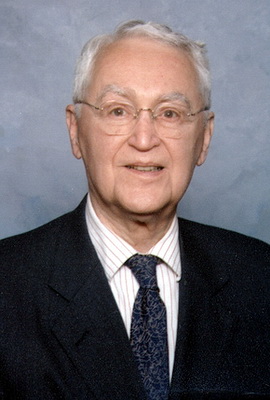
Dzalto Davor – Anarchy and the Kingdom of God
The main purpose of this book is to discuss the socio-political sphere from a theological point of view.
To that end, first part of the book discusses traditional Orthodox Christian theological approaches to the socio- political sphere (and some of their Western counterparts). The second part offers a theological articulation of the socio-political sphere based on some of the central aspects of the Orthodox Christian faith.
It is the primary assertion of this book that some kind of “anarchist” approach to the sphere of the political is the only approach that is consistent with the basic presuppositions of Orthodox Christian theology. However, this book acknowledges that, from an Orthodox Christian perspective, no social or political order (or lack thereof) will ever be able to represent an “ideal” form of interhuman relations, since, from the Christian point of view, the only “ideal” form of human existence is the Kingdom of God as an eschatological reality. This (fully manifested) Kingdom cannot be established within the boundaries of the world we live in and in the historical process as we know it. In history, we can only have a glimpse of it, as “in a mirror, darkly.”
The issue of Orthodox political theology is situated here within the broader context of (Orthodox) Christian ontology and anthropology, as a backdrop for theological reflection upon the socio- political sphere—hence the subtitle: “From Eschatology to Orthodox Political Theology and Back.” What this approach implies is that eschatology is Christian ontology (although a “deontologized” “ontology”), and the eschaton the criterion of truth. The eschaton is both “place” and “time” (understood outside their ordinary meanings) where true (and, in this sense, also the “last”) things appear. The eschatological mode of existence is, therefore, the manifestation of the truthfulness of all particular beings.
The history of (Orthodox) Christian reflections upon the political is complex and, more often than not, inconsistent and even paradoxical. Over the past two millennia, many Christian authors and church representatives have addressed social and political issues in a variety of ways. From the early days of Christianity to contemporary times, a whole range of not only different but even mutually exclusive positions have been taken by Christian authors about the function, meaning, and value of particular socio- political institutions and the socio- political sphere as a whole. Disagreements exist not only as to the desirable character of Orthodox political theology, but also as to the very need for such theology. Some argue, for instance, that it is necessary to formulate theological positions (whatever those positions may be) vis-à-vis the political, while others would deny the very need for a more elaborate Orthodox Christian theology of the political, or even the possibility of such theology.
Davor Dzalto – Anarchy and the Kingdom of God - From Eschatology to Orthodox Political Theology and Back
New York: Fordham University Press, 2021. – 335 p. - (Series: Orthodox Christianity and contemporary thought.)
ISBN 9780823294381 (hardback)
ISBN 9780823294398 (paperback)
ISBN 9780823294404 (epub)
Davor Dzalto – Anarchy and the Kingdom of God – Contents
Introduction
Anarchism and (Orthodox) Christianity: An (Un)Natural Alliance?
PART I. (UN)ORTHODOX POLITICAL THEOLOGIES: HISTORIES
- The Symphonia Doctrine: Introduction
- Early Christianity: Who’s Conducting “Symphonia”?
- Divus Constantinus and Court Theology in the Eastern Empire
- Conducting “Symphonia” in Russian Lands
- The Modern Nation, Ethnicity, and State-Based Political Theologies
- Newer Approaches
- Political Theology as Ideology: A Deconstruction
PART II. ANARCHY AND THE KINGDOM OF GOD: PROPHECIES
- Alternative and “Proto-Anarchist” Political Theologies
- Being as Freedom and Necessity
- Something Is Rotten in This Reality of Ours
- Eschatology and Liturgy
- “This World” and the Individualized Mode of Existence
- The Politics of Nothingness
- Theology as a Critical Discourse?
- The End and the Beginning
Acknowledgments
Notes
Bibliography
Index
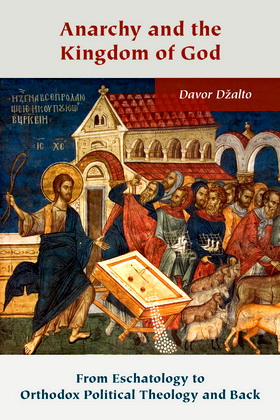
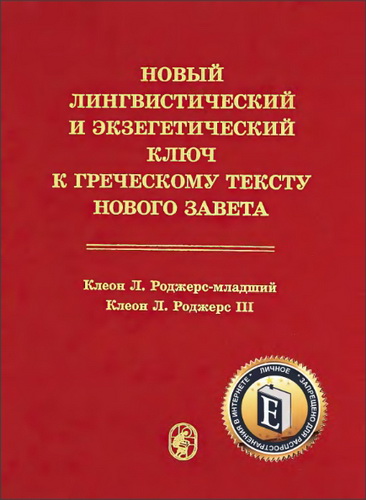
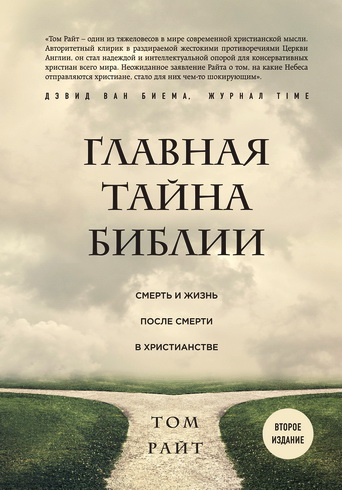
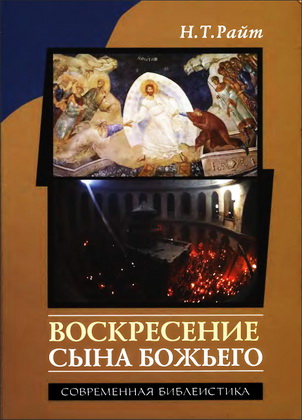
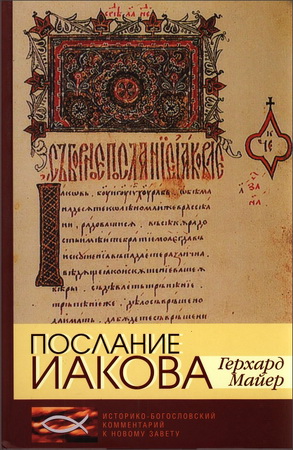
Комментарии
Пока нет комментариев. Будьте первым!